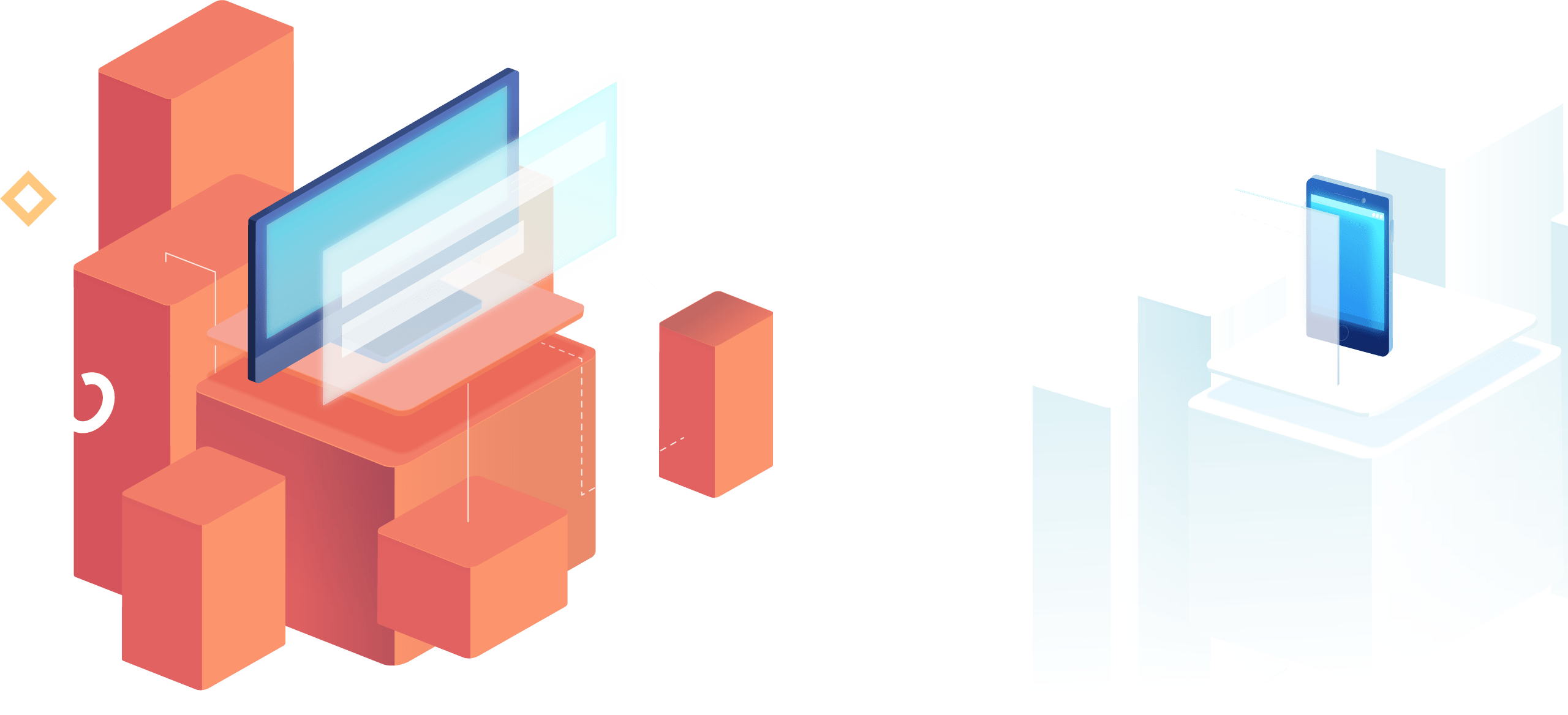Introduction to Behavioral Economics
Behavioural economics is the cross-breed of psychology and economics.
This 5minute case study will explain:
– What is Behaviroal Economics?

Cognition-Lab
What is Behavioral Economics
Behavioural economics is the cross-breed of psychology and economics. It is the study of psychology as it relates to the economic decision-making processes of individuals and institution
Until recent times Classical ecocomics theory assumed people would always make optimal decisions that provide them with the greatest benefit and satisfaction. It was considered that people would choose the option that maximizes their individual satisfaction. This theory assumes that people are capable of making rational decisions by effectively weighing the costs and benefits of each option available to them.
Behavioral economics has been developed as a counter-argument to the classical economics belief system. Behavioraleconomics hypothesizes humans are not rational being and they are incapable of making good decisions due to emotions and external factors and, knows what is best for himself. It claims humans are emotional and easily distracted beings and they often make decisions that are not in their self-interest.
Behavioral economics draws on psychology and economics to explore why people sometimes make irrational decisions, and why and how their behavior does not follow the predictions of economic models.
Behavioral economics seeks to explain why an individual decided to go for choice A, instead of choice B.
Cognition-lab
Essential
Behavioral Economics Terminology

Choice Architecture
Refers to the practice of influencing choice by “organizing” the environment in which people make decisions.

Heuristics
Humans make 95% of their decisions using mental shortcuts or rules of thumb. to make a quick decision. These shortcuts are called Heuristics.

Bias
A tendency towards against something. Some biases are positive (like choosing to only eat healthyfoods). But biases are often based on stereotypes, rather than actual knowledge

Nudging
Nudging is any aspect of the choice architecture that alters people’s behavior in a predictable way without forbidding any options. To count as a nudge, the intervention must be easy to avoid.

Cognition lab
Key Figures of Behavioral Economics
Daniel Kahneman – the man wessentially created the field behavioural economics – won the Noble Prize in economics as a psychologist (2002).
The bestselling book Thinking, Fast and Slow (2011) brought ongoing fame across the globe. Richard Thaler, co-author of Nudge (2008) worked immensely to keep Behavioral Economics in the light of mainstream.
Public figures such as Robert Shiller, Dan Ariely, Rory Sutherland…
Features
Key Behavioral Economics Principles

Social Proof
Customers look to other people for information on what to buy or what service to use

Loss Aversion
Consumers are more willing to take risks in order to avoid losing things than to pursue gaining things.

Endowment effect
Consumers value items they own which they have an emotional attachment to, more than a similar item owned by someone else.

Defaulting
Defaults are pre-set options consumers receive. Such as autoenrollment in a pension scheme.

Choice overload
When consumers are presented with too many options, they can become overwhelmed, leading to unrealistic expectations, decision-making paralysis and unhappiness.

Framing
How marketers set context and present information can influence consumers’ decisions.

Decay Effect
Consumers’ preference for one option over another can change when a third, similar but less desirable, option is presented.

Anchoring
Consumers over-rely on first piece of information offered, and use it as a benchmark for other decisions from that point on, whether it makes sense or not.
“A choice architect has the responsibility for organizing the context in which people make decisions.”
-Richrd Thaler
“The first misconception is that it is possible to avoid influencing people’s choices.”
– Richard Thaler
“January is always a good month for behavioral economics: Few things illustrate self-control as vividly as New Year’s resolutions. February is even better, though, because it lets us study why so many of those resolutions are broken.”
– Sendhil Mullainathan
